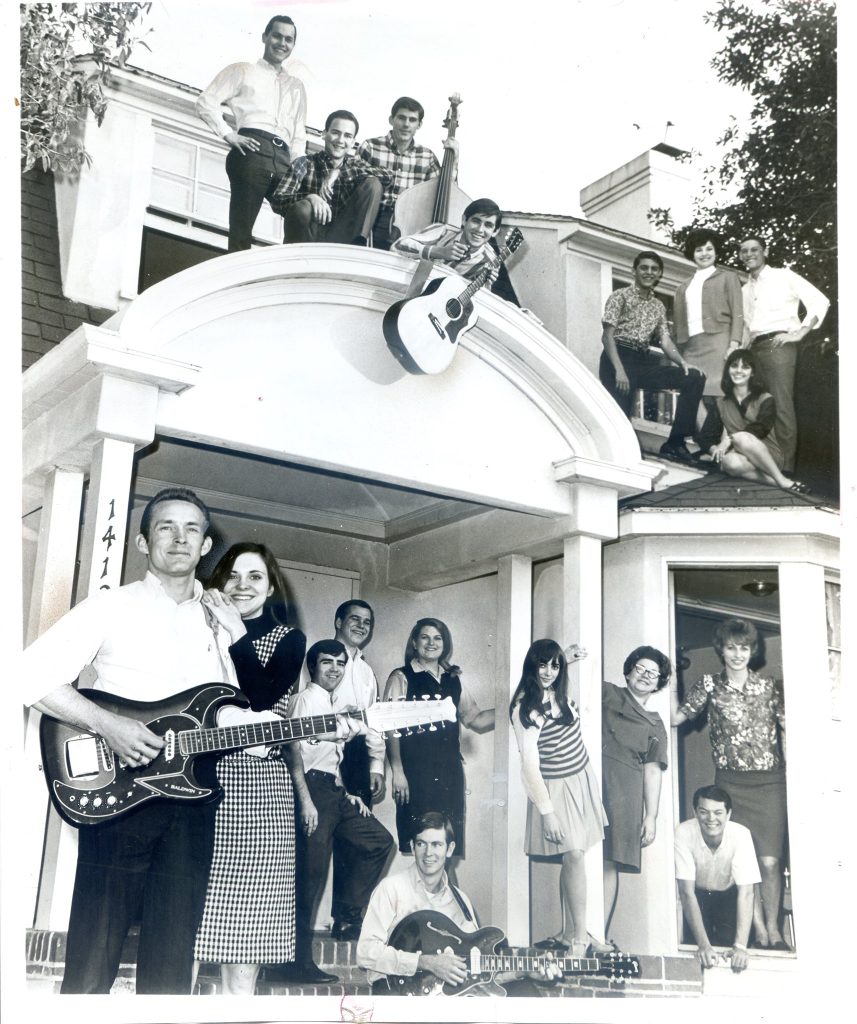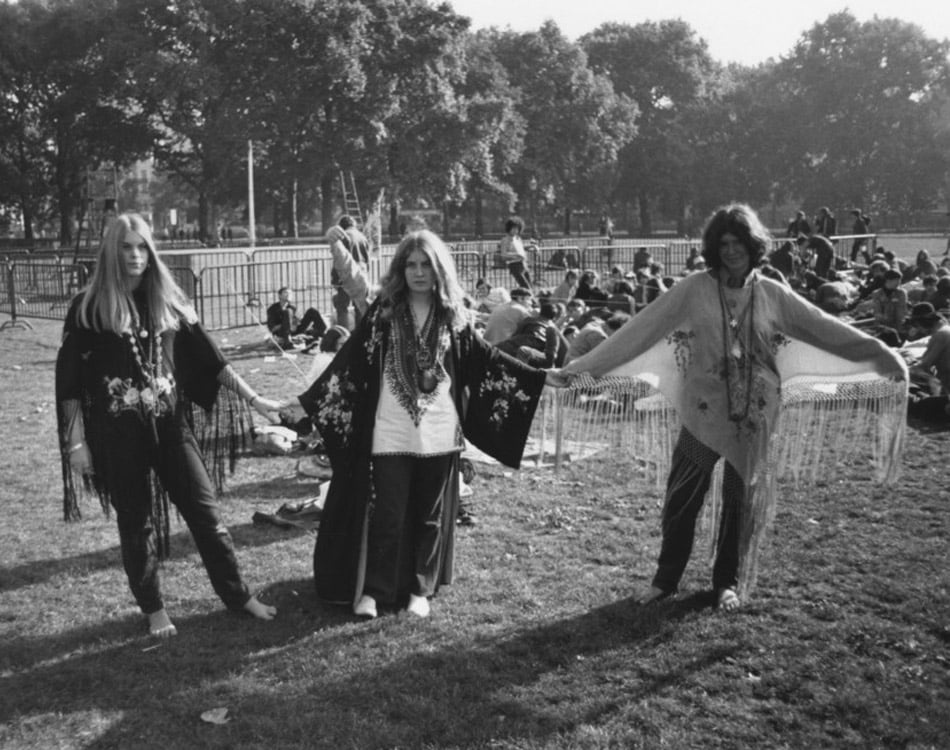By Dr. Curtis Varnell
The young man lay on the shoulder of the road, his thumb projected up into the air. Nearby, a sign was propped against the street sign with the message, San Francisco or bust. My dad was not impressed, “One more hippy that will go bust. No-one in Arkansas is going to pick up a hitchhiker too lazy to at least stand up and ask for a ride.” I am not sure if my dad was right or wrong but the young man on the side of the road was representative of a generation of youth that wanted to tune in, turn on, and drop out of a society they disagreed with.

The 1960’s was a period of social unrest with civil rights and opposition to the Vietnam War as the rallying points of protest. Centered in San Francisco and the urban East Coast, many young people were attracted to the music, life-style, and ideals of the hippie community.
Arkansans, more conservative and rural, were probably less sympathetic and less politically affected by the generation but yet were influenced by what has become known as the “hippie generation.” Groups of hippies saw rural Arkansas as an ideal place to form rural self-supporting communes. Often distrusted by the locals, it was difficult for them to fit into the clannish communities of the Ozarks and Ouachita’s. One such group, the Dan Blocker Singers made it big as performers in Hollywood, eventually moved to Greer’s Ferry and started a commune. Not the typical long-haired, pot growing or free-love group, the word “commune” still invoked visions of what Arkansans viewed as the far-left. The group performed around the state, including at the lodge at Mt. Magazine, but were blamed for everything from vandalism to murder. Eventually, community antagonism resulted in the dissolution of the commune. Dixon Bowles, one of the group leaders, remained in Little Rock and founded the well-known Aristotle internet service.
One communal group moved into our community and started a small rural farm enterprise. Using an old chicken house, they began raising animals, tilling the land in pioneer fashion, and rebuilding the old run-down farmhouse. Knowing little about rural life, communal farming was not the ideal lifestyle and it ended rather quickly when winter approached. Deciding to use a wood stove for heat, they ran the stove pipe into the ceiling like they had seen locally. Never dawning on them that an exit chimney or flue was required, the attic soon caught on fire and ended their communal experience. I always felt sorry for them. They were a friendly group and always yelled and waved at we kids’ as they drove past in their psychedelic painted van.
A little later than main-stream America, the hippie influence filtered into our schools. Guys began wearing pants with large flared bell bottoms, letting their hair grow long, and dressing in brighter colors. I vividly remember my purple and white striped bell-bottom pants, my dark purple shirt, and my natural fro. Even more vivid in my remembrance of those mini-skirts, getting increasing shorter as the girls mimicked some model called Twiggy. Eventually, to counter the effects of the scarcity of skirt length, our local schools allowed girls to start wearing, of all things, pants. Of course, the top still had to be of such lengths that the girls could grasp the bottom of the tunic when their arms were full extended.
Lucy in the Sky and Looking out my Back Door were just great songs to me, not a part of a psychedelic drug music industry. I still list Credence Clearwater Revival as one of my favorite singing groups. As the Arkansas 70’s kids reached draft age and began entering college, the words pot, LSD, and draft cards became a more familiar part of the vocabulary.
The hippie movement of the 60’s resulted in improvements in Civil Rights, perhaps hastened the end of the Vietnam War, and then gradually faded into our collective memory. Replaced by the more starched-collar, get-ahead Yuppie generation, it remains as a unique period in American and Arkansas history.






